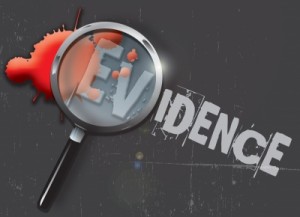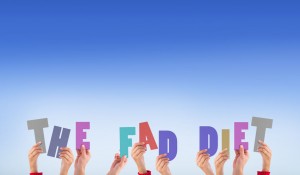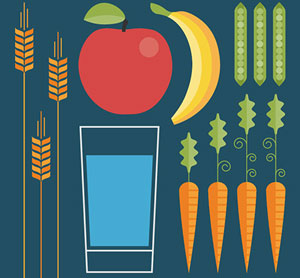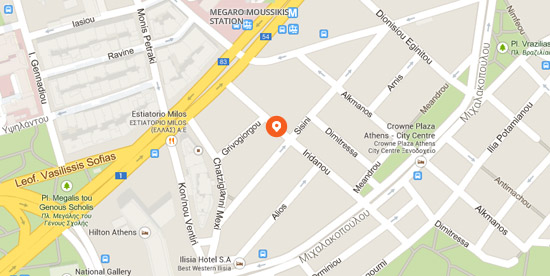How to evaluate nutritional advice
Today we will present you with certain information about how to evaluate nutritional advice. By keeping in mind the points below you can avoid bad or even dangerous advice about diets and nutrition.
Expert or “expert”?
The first step in evaluating dietetic information is evaluating the expert/”expert” who disseminates this information. Is he or she qualified to inform you or anyone else on matters about nutrition and food? How do we determine that?
Well one criterion is does this person hold the necessary qualifications? Those are granted after completion of some tertiary education degree programme (usually from a university but not always). Anyone who gives advice on nutrition or designs dietetic regimes for others to follow should also disclose his or her qualifications. Furthermore, in some countries nutrition professionals are required to be registered to some short of collective body. Such organisations review the quality of education, set the standards of conduct for nutrition professionals and ensure that those are met. A registered nutritionist/dietitian is bound by rules and can be sanctioned if his services are not up to par.
It is not uncommon for some of those who provide advice on nutrition to draw their credence from celebrity. This should make you think twice about the credibility of their advice. Unlike qualified nutritionists and dietitians they do not have to comply with a professional code of conduct. Also even if they wanted to they don’t have the required knowledge to do so.
 Evidence please
Evidence please
How does the author substantiate his or her claims? Many times an article is titled so that it will cause people to click on the link and read it. When reading it one should check does the evidence given back up the title? Is the information followed by referenced scientific articles?
Secondly you should evaluate the characteristics of the sample if the article is based on a study. How many people participated in the study? The more the better the approximation of the results. How many age groups were represented? Were there women and men? How about children? By knowing the sample we can determine if the study’s conclusions are relevant for us or not.
Thanks but no thanks
Let us now list a few false claims on nutrition and dietetics that frequently find their way in the media. If you come across such claims you should know that the advice following them is most probably ineffective and potentially harmful.
Lose a lot of weight quickly
Our bodies can lose a specific amount of weight per week, dramatic weight changes are not pragmatic. When they occur it is at the expense of our health and of maintaining a healthy body weight in the long-term.
Don’t eat more than once per day
This discounts our daily energy needs and the danger of glucose deregulation. Also hunger will undermine its continuation.
Detox diets
Although popular they are unnecessary, may induce energy and nutrients deficiencies and are ineffective.
Diets that claim to be a substitute for medical treatment
Nutrition cannot singlehandedly solve health problem but it can complement in their solution. Ignoring medical advice can have terrible results.
Don’t eat …insert specific food or food group
Diets like that usually equate dairy free (or gluten free or carbohydrate free etc.) to calorie free which of course is a mistake. Not unlike many of the other diets that we talk about here those can also lead to deficiencies of nutrients and vitamins.
Only eat food X
Diets who advocate the consumption of a sole food group or that a specific food should dominate your diet may lead to nutritional and vitamin deficiencies. They can be particularly harmful for children and may cause growth issues.
Substitute food with food supplements and vitamins
Supplements and vitamins can be useful for some but they should always be taken after the recommendation of a doctor or pharmacist or dietitian. You should never buy them online and you should never take more than the recommended dose or it they may be harmful.
Little effort enduring results diet
You must have come across such “quick fix” diets who promise to rid you of your extra weight forever with the smallest amount of effort. This is unrealistic and, if you wish to maintain a healthy weight long term, permanent changes in the way you live are necessary.
Buy my products diet
You should be alarmed if someone tells you that you have to buy his book or his food products in order to lose weight. Most of the times this really is a marketing campaign and not an attempt to offer sound nutritional advice.
Diets that make you look better
Over and above everything else the focus of a diet should be your health.
The same diet for everyone
People have different weight, preferences, medical conditions etc. Those have to be taken into account when making a diet programme for him. It is not possible that a single diet would be effective for everyone.
Hopefully after reading this you will be able to distinguish bogus nutritional advice for what it is.








